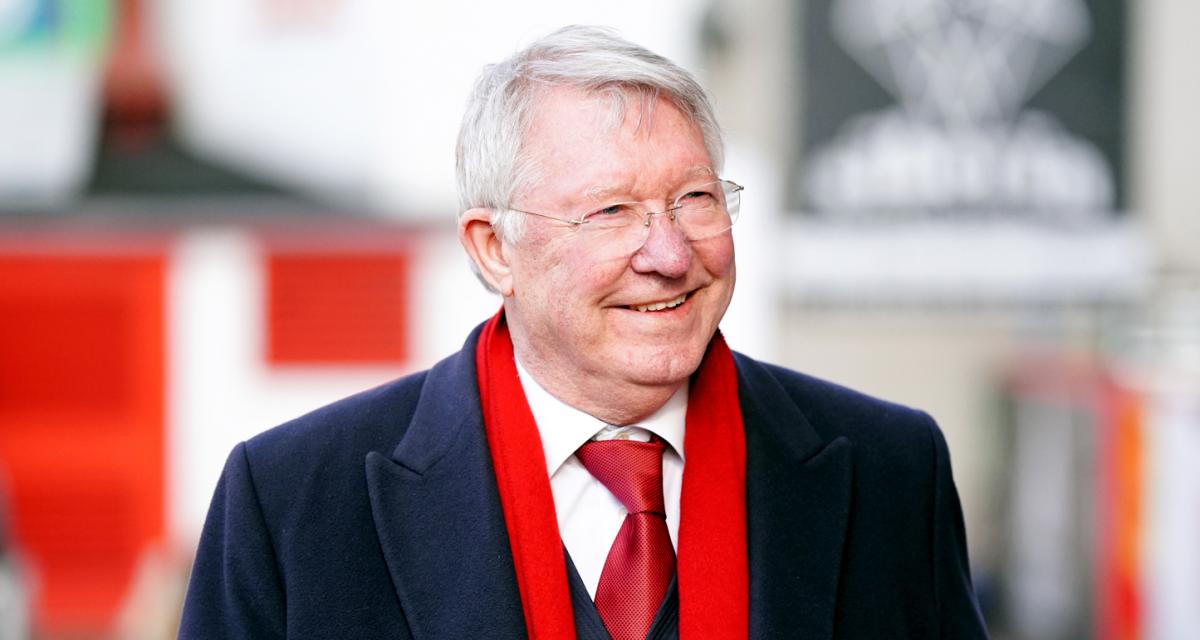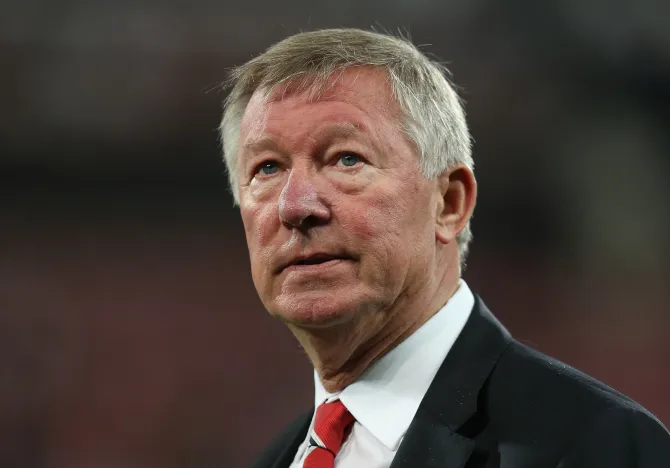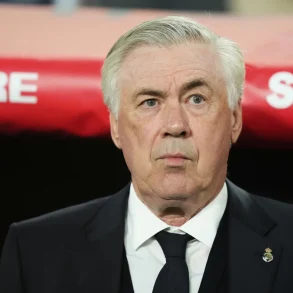In the current football landscape, prying the Premier League title from Manchester City’s grasp, under the leadership of Pep Guardiola, requires something truly extraordinary.
Since finishing third in his debut season at City, Guardiola has overseen one of the most dominant runs of league victories in English football history.
In the past seven full seasons, City clinched the top-flight title six times, with their only setback being a runner-up spot to Liverpool in the 2019-20 campaign.
While Jürgen Klopp’s Liverpool have consistently posed the most formidable challenge during this period, other contenders like Arsenal and Manchester United have failed to match their level of consistency.
Despite Liverpool’s current league lead, City, bolstered by the return of key players like Erling Haaland and Kevin De Bruyne, stands well-positioned to reclaim the throne with a game in hand.
At the season’s onset, Tottenham Hotspur, under new manager Ange Postecoglou, displayed electrifying form.

Currently holding the fourth spot in the table, Spurs are firmly in contention for Champions League qualification next season. However, the lingering question remains: Can Spurs ever transcend to winning the Premier League title?
Legendary former Manchester United manager Sir Alex Ferguson, who lifted the trophy 13 times during his tenure at Old Trafford, recently weighed in on the matter, painting a rather sobering outlook for Spurs fans.
When asked by Sky Sports if he believes Spurs will ever clinch the Premier League, Sir Alex responded bluntly: “No! I mean, 1961 was the last time that they won it – well, that’s a long time.”
Reflecting on the formidable competition posed by clubs like Liverpool and Manchester City, Sir Alex expressed skepticism about Spurs’ prospects of toppling these powerhouses in the league.
Pressed further on the comparison between Spurs and United’s chances, Sir Alex dismissed any notion of Spurs being favored, asserting firmly: “No chance.”
While it’s true that United last secured a league title in 2013, Spurs’ drought stretches back even further to 1961, under Bill Nicholson’s stewardship.







